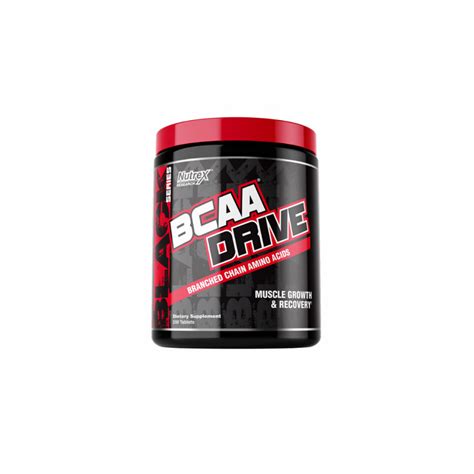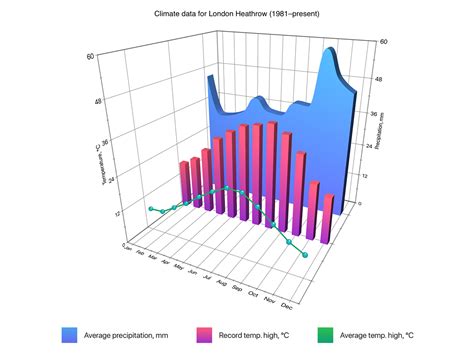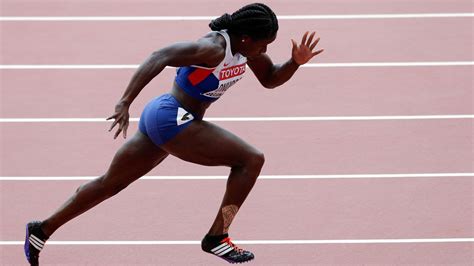Optimal post-workout nutrition: carb-protein ratio for muscle growth & recovery?

Fueling Your Gains: The Science of Post-Workout Nutrition
After pushing your body through a strenuous workout, what you consume in the hours that follow is just as critical as the effort you put in. Post-workout nutrition isn’t just about satisfying hunger; it’s a strategic intervention designed to kickstart muscle repair, replenish energy stores, and optimize growth. The precise balance of macronutrients, particularly carbohydrates and protein, plays a pivotal role in this intricate process.
Understanding the optimal carb-protein ratio can significantly impact your recovery speed, minimize muscle soreness, and accelerate your progress towards your fitness goals. Let’s delve into the science behind this crucial aspect of sports nutrition.

The Essential Role of Protein: Rebuilding Muscle
Protein is the cornerstone of muscle repair and growth. During exercise, especially resistance training, muscle fibers experience micro-tears. Consuming adequate protein post-workout provides the necessary amino acids—the building blocks—to repair these damaged fibers and synthesize new muscle tissue, a process known as muscle protein synthesis (MPS). This not only aids in recovery but also contributes to muscle hypertrophy over time.
Experts generally recommend consuming 20-40 grams of high-quality protein (e.g., whey, casein, soy, or a combination) within a few hours after training to maximize MPS. The type of protein matters too; rapidly absorbed proteins like whey are often preferred immediately post-exercise.
Carbohydrates: Replenishing Energy Stores for Performance
While protein rebuilds, carbohydrates refuel. Intense workouts deplete your body’s primary energy source: glycogen, stored in muscles and the liver. Replenishing these glycogen stores is vital for sustained energy levels, future performance, and overall recovery. Without sufficient carbohydrates, your body might turn to protein for energy, hindering muscle repair and growth.
The speed at which glycogen is replenished is crucial, especially if you train multiple times a day or have back-to-back intense sessions. Consuming carbohydrates post-workout helps to quickly restock these energy reserves, preparing your muscles for the next challenge.

Finding the Sweet Spot: Optimal Carb-Protein Ratios
The precise carb-protein ratio recommended often varies based on the type, intensity, and duration of your workout, as well as your individual goals. However, several common ratios are widely discussed:
- 2:1 (Carb:Protein): Often suitable for strength athletes or those primarily focused on muscle growth, where protein intake is already high throughout the day.
- 3:1 (Carb:Protein): A popular general recommendation for most gym-goers and athletes engaged in moderate to high-intensity training. This ratio effectively aids both glycogen replenishment and muscle protein synthesis.
- 4:1 (Carb:Protein): Highly recommended for endurance athletes (e.g., marathon runners, cyclists) or individuals undertaking very long, exhaustive training sessions. The higher carbohydrate ratio prioritizes rapid and extensive glycogen restoration.
For most individuals aiming for muscle growth and efficient recovery after a typical strength training session, a ratio between 2:1 and 3:1 (e.g., 40-60g carbs and 20-30g protein) is a good starting point. The absolute amounts are as important as the ratio.

The “Anabolic Window”: Timing Your Post-Workout Nutrition
For years, the concept of a critical “anabolic window” of 30-60 minutes immediately post-workout was heavily emphasized, suggesting that missing this window would negate gains. While consuming nutrients relatively soon after exercise is beneficial, current research indicates that this window is not as narrow or rigid as once believed.
For most individuals who have consumed a pre-workout meal, the anabolic window extends for several hours (up to 4-6 hours) post-exercise. This doesn’t mean you should delay your meal, but it offers more flexibility. Prioritizing a well-balanced post-workout meal within a reasonable timeframe (1-2 hours) remains a smart strategy for optimal results.

Beyond the Ratio: Other Critical Considerations
While the carb-protein ratio is vital, it’s part of a larger nutritional picture:
- Hydration: Replenishing fluids and electrolytes lost through sweat is paramount for recovery and overall bodily function.
- Healthy Fats: While not the priority immediately post-workout, healthy fats are crucial for overall hormonal balance and nutrient absorption in your daily diet.
- Individualization: What works best for one person might not work for another. Factors like age, gender, training intensity, body composition goals, and dietary preferences all play a role. Experiment and listen to your body.
- Overall Diet: Post-workout nutrition is only truly effective when integrated into a consistent, nutrient-dense overall diet.
Crafting Your Optimal Post-Workout Meal
The quest for the optimal post-workout carb-protein ratio boils down to understanding your body’s needs and aligning them with your training goals. By strategically combining protein for muscle repair and carbohydrates for energy replenishment, you provide your body with the essential tools to recover faster, grow stronger, and perform better. Focus on whole, unprocessed foods like lean proteins (chicken, fish, eggs, tofu), complex carbohydrates (oats, rice, sweet potatoes, fruits), and ensure consistent hydration to maximize your efforts in and out of the gym.









